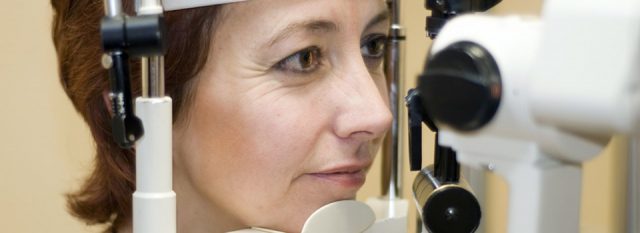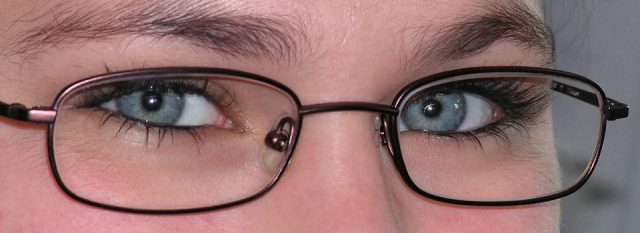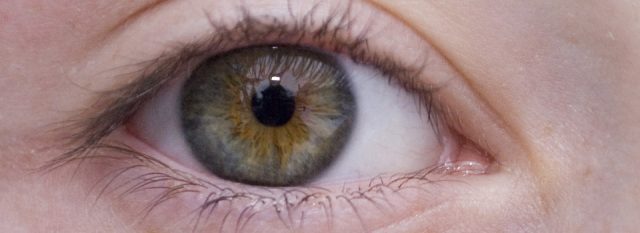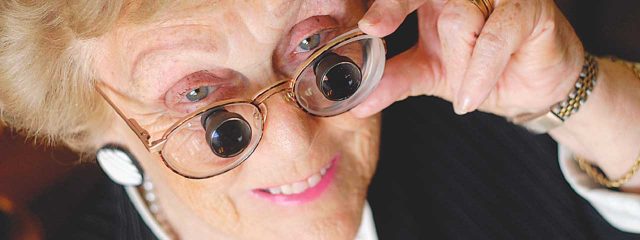Management of Ocular Diseases & Conditions
Many eye problems and diseases can be corrected if they are identified early. That is because vision problems often develop slowly and present no warning signs.
Proudly serving Westchester County from our Hartsdale location for more than 40 years.
At Hartsdale Family Eyecare, Dr. Arlene Schwartz is specially trained in the treatment of eye diseases. With over 40 years of experience along with the latest instrumentation, she can promptly diagnose and treat vision problems and ocular disease.
Dr. Schwartz is experienced and certified in the treatment and management of many ocular conditions including cataracts, glaucoma, macular degeneration, diabetic retinopathy, dry eye syndrome, blepharitis, conjunctivitis (pink eye), allergies, retinal detachment, and floaters. She works closely with health specialists in the community when necessary to make sure the proper preventive medical care and treatment is achieved to ensure a lifetime of eye health and the best vision possible.
Since eye disease is medical and not routine vision care, we will be glad to file your claims with your insurance provider. We will answer any questions you have regarding your coverage.

Learn more about recognizing cataracts symptoms, protecting your eyes and understanding cataract surgery.

Glaucoma testing involves measuring internal eye pressure and a detailed scan of the retina for signs of disease.

Untreated macular degeneration is one of the leading causes of blindness in those over 65 years old.

Dry eyes result from the chronic lack of lubrication and moisture on the surface of the eye, which can cause minor irritations, an inability to wear contact lenses and an increased risk of corneal inflammation.

At Hartsdale Family Eyecare we stress the importance of your general health and the possible effects on your eye health and vision.

Eye teaming problems affect 5 -10% of all children and adults. The two most common problems are convergence insufficiency and convergence excess.

Blepharitis is a common eye disorder that involves inflammation in the eyelids. It is often caused by a low-grade bacterial infection, or caused by a skin condition.

This acute and contagious form of conjunctivitis is particularly common among preschoolers and school-age children.

Low vision is the term used to describe reduced eyesight that cannot be fully corrected with eyeglasses, contact lenses or eye surgery.

Healthy levels of carotenoids (specific nutrients found in the pigment of the Macula) are clinically proven to lower the risk of vision loss from macular degeneration.

Double Vision occurs when the two separate views coming into the brain from the two eyes do not resolve, combine or fuse into one single image in the brain (3D stereo vision or stereo fusion).
